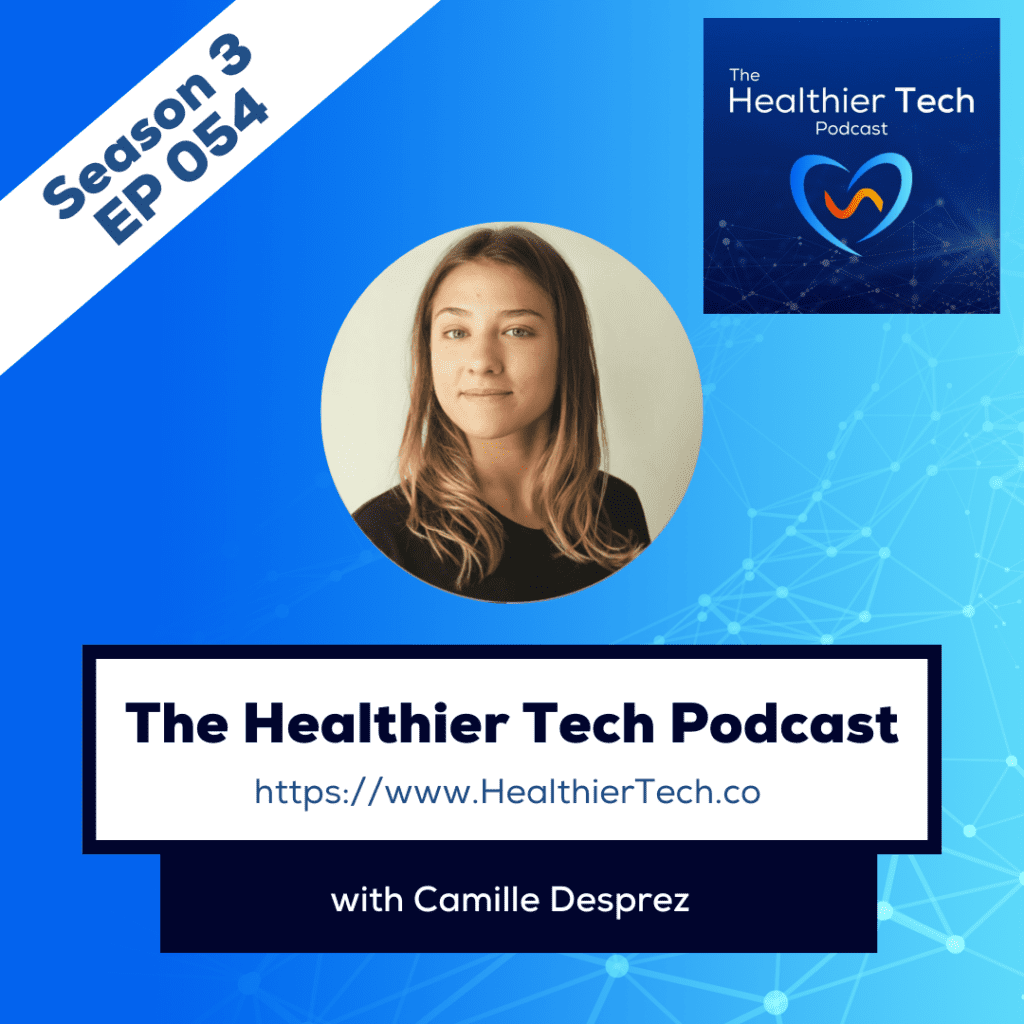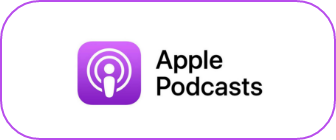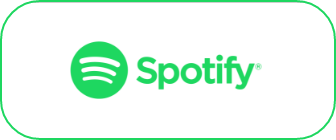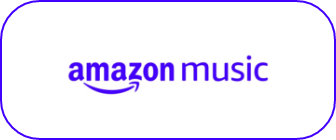Listen
Show Notes
In today’s episode, we’re excited to have Camille Desprez, the founder of Food Next Door, a platform that aims to reduce food waste and build community.
She created a free and easy digital space that connects neighbors and encourages them to share food that would otherwise go to waste. This not only helps to reduce food waste but also fosters a sense of community and brings back the values of trust and respect between neighbors.
Food Next Door is for anyone who cares about the environment and craves community. By using technology to bridge the gap between neighbors, Camille hopes to inspire change in the roots of society and create a better world for all of us.

In this episode, you will hear:
- How Food Next Door is working to reduce food waste in the community.
- The origins of Food Next Door and why Camille is so passionate about decreasing food waste.
- Why food waste is so problematic to the environment and the world.
- Balancing the community and environmental aspects of the Food Next Door project to sustain the program.
- Creating a sense of community through Food Next Door.
- How Food Next Door can evolve and expand its reach and impact.
About Food Next Door:
Reducing food waste starts by knocking next door.
Food Next Door is for anyone who cares about the environment and craves community. By connecting up neighbors in an accessible, free, and easy digital space, we offer a platform for you to share food that would typically end up as waste.
Food Next Door wants to bring back the values that have been lost or forgotten, trust and respect between neighbors, a feeling of community and safety and a shared love and respect for your environment. We hope this will inspire change in the roots of society and create a better world for us all.
Connect with Camille Desprez:
Website: https://www.foodnextdoor.net/
Email: camille@foodnextdoor.net
LinkedIn: https://www.linkedin.com/company/food-next-door-ltd/
Instagram: https://www.instagram.com/foodnextdoor/
Connect with R Blank and Stephanie Warner:
For more Healthier Tech Podcast episodes and to download our Healthier Tech Quick Start Guide, visit https://www.healthiertech.co and follow https://instagram.com/healthiertech
Additional Links:
- Shield Your Body website: https://ShieldYourBody.com
- Shield Your Body Youtube Channel: https://youtube.com/shieldyourbody
- Host R Blank on LinkedIn: https://www.linkedin.com/in/rblank9/
- Shield Your Body on Instagram:https://instagram.com/shieldyourbody
Transcript
Announcer 0:01
Welcome to the healthier tech podcast, the show about building a healthier relationship with modern technology. Now, here are your hosts, R blank and Stephanie Warner.
R Blank 0:14
So on today’s show, it’ll just be me alone as Stephanie is not able to join us and, you know, in this show what we’re going to get to one of the reasons I really like it, it’s not just because it’s a creative and beneficial use of technology, but it’s a creative and beneficial co opting of of a Facebook platform for positive change. And, you know, I hear about so many stories about Facebook or meta. And, you know, none of them are really good and this is a good one. So, in today’s episode, I will be interviewing Camille Duprey. She is the founder of food next door, a platform that aims to reduce food waste and build community. She’s created a free and easy digital space that connects neighbours and encourages them to share food that would otherwise go to waste. This not only helps reduce food waste, but also fosters a sense of community and brings back the values of trust and respect between neighbours. Food next door is for anyone who care about the environment and craves community. By using technology positively to bridge the gap between neighbours, Camille hopes to inspire change in the roots of society and create a better world for all of us. And for those of you just listening and not watching on YouTube, I bet you’re still going to be able to pick up just how infectiously optimistic, Camille is, and this interview is joy.
Welcome Camille, to the healthier tech podcast.
Camille Desprez 1:49
Thank you. Thank you so much for inviting me.
R Blank 1:52
So before we get into food next door, let’s talk a little bit about the problem that you’re you’re working to solve. Because I’ve heard about food waste. I mean, at least I know of some of the I’ve heard some of the coverage in the United States. But like, how big of a problem is this?
Camille Desprez 2:13
So it’s huge. So I don’t know if you know, but actually a third of the food produced is wasted. And surprisingly, 70% of this waste is actually coming from household. So it’s huge considering that food insecurity is increasing with the current inflation, the UK and Europe. So yeah, it’s a it’s a huge problem.
R Blank 2:40
Yeah. And in addition to the food insecurity, which I know we’re going to talk about, I imagine if we’re investing all this energy to create, you know, a bunch of food and 30% of it is wasted that that creates problems, fossil fuel pollution, as well as I imagined some of this lands up and lands.
Camille Desprez 2:59
Lands, like it’s like the entire environment, which is like the victim of it, like lens lives, and everything’s around like the food production.
R Blank 3:14
So we don’t need to talk about age here. But you, you seem like you’re in the younger generation, the younger generation has so many challenges facing it, what made you kind of select this one to put so much energy into.
Camille Desprez 3:31
So because I thought that the solution of Nasar is so easy. I thought that sometimes even if you care about something, it’s hard to actually fight against it. I think there’s so many battle and the way for next door to tackle the problem of food waste is actually super easy. We are all capable of doing it, which is sharing with people living next to you. So that’s why I thought it was really an easy solution to tackle the problem drastically.
R Blank 4:02
That’s so you, you saw it, you saw it, you saw the problem and you saw just an easy solution. Yeah. What is this, so let this is a good time to what is the solution.
Camille Desprez 4:13
So basically, for next door offer a space for neighbours living in the same building living in the same street for them to share anytime to have extra food and avoid wasting. The idea is also that by creating this type of space, neighbours will reconnect. They’ll talk to each other will build trust. And then we’ll be comfortable taking something taken away something which has been opened, for example, or something that has been cooked from a neighbour that they know at the end of the day.
R Blank 4:48
So how long have you been doing this? How long has it been up?
Camille Desprez 4:53
So it’s been a year that I’ve been working on it? Almost full time Oh, during the weekend, and a year and a half, so during six months, I just created this Whatsapp group for my building. And I just wanted to see if it works, how people react. And I saw that it was working for a while. And after six months, I decided to help other neighbourhoods doing the same.
R Blank 5:19
So you find someone like you in a neighbourhood who then takes on the leadership role?
Camille Desprez 5:25
Yeah, exactly. So the way the way we do is that was an ambassador. So someone who’s interested in climate change someone who wants to make a difference, and also wants to reduce food waste. So this person is called an ambassador. And thanks to an ambassador, we, we together create their community. So either we knocked at their neighbor’s door and we add members to the group, or either we just distribute flyers with a QR code. So neighbours can just join.
R Blank 5:56
And this is you I think you said, but I also think I saw on your website screenshots. This is all based off of, you’re using WhatsApp right now. Yeah,
Camille Desprez 6:04
exactly. So now everything is on WhatsApp. So we are about 300 members. And the idea is to move away from Whatsapp group to an app. So make it make it for focus on food waste, making it fun, interactive. And this is not an idea that I just had. It’s something that I like I made this decision based on a survey that I sent to members. And yeah, they both of those kinds of great stuff on an app, and yet they would like to move from an app to No,
R Blank 6:40
that’s totally, I totally said, Because I some of my listeners know I you know, I used to be in, in software engineering, but I also live in a place that makes a lot of use of WhatsApp right now. And I see why in your case, it makes a lot of sense to move over to an app. So first off, you have you have the cap where the maximum number of people that can belong to a single channel. Yeah. Right. And then yeah, and so. So you have these deployments? I think you said in both Paris, Metropolitan Paris and metropolitan London, yeah, no. Is that correct? Yeah,
Camille Desprez 7:18
yeah. And some groups as well, in Lyon, in France, there was one group in Ireland as well. But those communities need to be built. So the group is created. And we need to get the ambassadors to add their names to
R Blank 7:36
the group. So can you share any? I mean, are there any that you care to share particular success stories about the impact that that food next door has had? Yeah, absolutely.
Camille Desprez 7:48
So I actually counted two days ago, all of the donations that have been made, made thanks to those groups. And we have been able to save 670 food items from being wasted, as well, I think, to more than 200, home home stuff, like could be furnitures or any other stuff, we have been able to save it as well from from waste from waste. And a good story that I’m super happy to tell you. It’s close to two weeks ago. So I have a neighbour who is part of the of my building, and he is very old. And he he is someone who takes care of him messaged the community and said We urgently need paracetamol for for him. And someone gave it to him. And I was super happy that it also served for down for the health.
R Blank 8:55
So what are some of the I mean, we already talked about things like, you know, caps on the number of channel numbers and so forth. But are there are there some specific big challenges that you faced in building food next door so far? And and you know, what are they and how have you addressed them?
Camille Desprez 9:12
Yeah, so the the main challenge is, people tend to think it’s a great idea. Often the hours they want to do where they want to create their community. But then once the group is created, once I send them everything they need, the guidance, the scripts to know what to say when they talk to the neighbours. Time flies and everyone, everyone has their own life and sometimes they just forget about it. So that’s the main challenge and the way I address it is that I now it’s exciting. I really, I put a lot of effort to give the full support to also come and help the ambassador’s when I can offer was when they are in London and I do the door banking with them. And it’s worked super well. I see that Meszaros super happy to do it this way as well, if they feel more comfortable. So that’s one of the main challenge, which I was able to address. And of course, it’s people also might still waste because we just like it, it happens to me as well, like you can do I have a food next or sometimes it just happened I forget that an item, even if I plan to instead, of course. So this is the the typical, I think, yeah, the main challenge for for next door and the way next door I address this problem is that I want to we want to import empower people to actually ask for a small amount of food. And we’ve seen on different groups that this also remind people about what they have in their fridge. And then they are like, oh, yeah, had something that was nearly at the end of his life. And they gave it away. And it’s not about only given and also asking. Yeah, of course.
R Blank 11:07
That’s that’s that’s a clever response to that making ask asking members to create prompts instead of just relying on people. The you know, when I’ve heard of this type of thing being done in the past, and I’m trying to think exactly what I, I think I read about or heard about something like this in San Francisco and something like this in New York, the way that they approached it wasn’t through households, but it was through restaurants. And at the at the end of the day, and then they’ll arrange these pickups for the restaurants and then the restaurants will take give the food and then they get taken to shelters. Are you are you viewing food next door solely as for households at
Camille Desprez 11:53
first? Yes. So the main focus is for for neighbours first. And however, of course businesses has, like they need to actually do something about wasting as well. And once communities would be built, they would of course be the I will try to partner with them, especially local independent shops or restaurants for them to share to their local communities is good because for them, they as well stop food waste can communicate about this. This. They can have great already made and as well, they can just get closer to local communities to potential new customers. That’s just Yeah, right.
R Blank 12:34
Yeah, there’s something that’s super, I mean, it’s implicit in what you’re doing. That’s super local, about what you’re doing. Because if you’re talking about food, that’s I don’t know if you want to say near the end of its life, but not brand new. You know, you’re not going to ship that, you know, across the country. Yeah. So you’re it’s this is all about neighbours coming together.
Camille Desprez 12:58
Yeah. Yeah, exactly. And of course, you have project Prentiss, expire. And we are all close. It’s not even good for the product itself. And for selling a product. It’s also good for people because they don’t waste.
R Blank 13:13
What are you doing to the future? What What are your plans? What are your next steps? I mean, you mentioned the app. Yes. How does that fall into your your
Camille Desprez 13:24
app is the main big project, which will be which will be long. I’m trying to learn how to code today.
R Blank 13:34
While you’re doing it yourself, yeah, I
Camille Desprez 13:35
just want to learn and see how it goes. I made all the all the interfaces, I will say. So I told you I interviewed the members. So I have an idea of the key features of the app. So I’m doing that of course, the main the other main project is also like to, to continue my projections, see how how can I live from this business and keep members and users happy as well. So this is something that is challenging, but I knew I’ll be able to find it out. I just need a lot of work. And as soon as I have this sensor, I’ll go and ask for funding and that’ll be able to grow and scale.
R Blank 14:24
That’s excellent. Well, you’re clearly a super tourism it’s really impressive to you know, someone my age looking, you know, it’s nice to see that level of optimism. Where would you like our listeners to learn about you and food next door and connect with you.
Camille Desprez 14:43
So from the website, it’s the channel where I’m the most proud of and I think the information there is, is actually great and good. I still have a lot to do on on on social, but to connect or is on instinct. I’m in LinkedIn. So they can follow both pages. The the Instagram page is put nextdoor.uk. Because for now it’s mainly in the UK and for an exra is registered in the UK, that everyone can benefit from this kind of group, because every neighbourhood need a space for food sharing. So people could be everywhere.
R Blank 15:22
And the website you’d mentioned is food. nextdoor.net. Correct. Exactly. Yes. And if listeners are interested in becoming ambassadors, they can find your contact information on that website. And
Camille Desprez 15:34
yeah, absolutely. So there’s, there’s my contact at the bottom of the page. So I think the page is, is called for neighbours. And on it, there is a forum where they can sign up to become an ambassador. And from there, either I don’t have a call with them, just understanding who they are knowing them a bit better, or sending them a little type form where they can fill in few info. And then we can go from there. And I can create the group for them, sending them any collateral they need. And hopefully in the past, so today, I’ll be ambassadors, some of them are in France, as I said, but most of them are in London and variable also to, to to do stuff together to go to the pub and just to chat and to exchange and it’s it’s a great community of people. And in the end in the future, hopefully we’ll be able to do that as well in the US and in every country.
R Blank 16:30
Excellent. Well, Camille, this has been a real pleasure I it really is inspirational, talking to someone like you face to face. I love the work that you’re doing. I love your positive application of, of modern technology, and honestly, even a Facebook product in particular. Platform has been responsible for so much and it’s nice to see you using it. Yeah. Thank you so much for taking the time to join us on the healthier tech podcast today.
Camille Desprez 17:01
Thank you so much. Thank you so much. Have a great day.
Announcer 17:06
Thank you so much for listening to this episode of the healthier tech podcast. Remember to check the show notes for all the links and resources mentioned in the show. Please like and subscribe to the healthier tech podcast on Apple, Spotify or your podcast platform of choice. Get your free quickstart guide to building a healthy relationship with technology and our latest information at healthier tech.co
Transcribed by https://otter.ai











